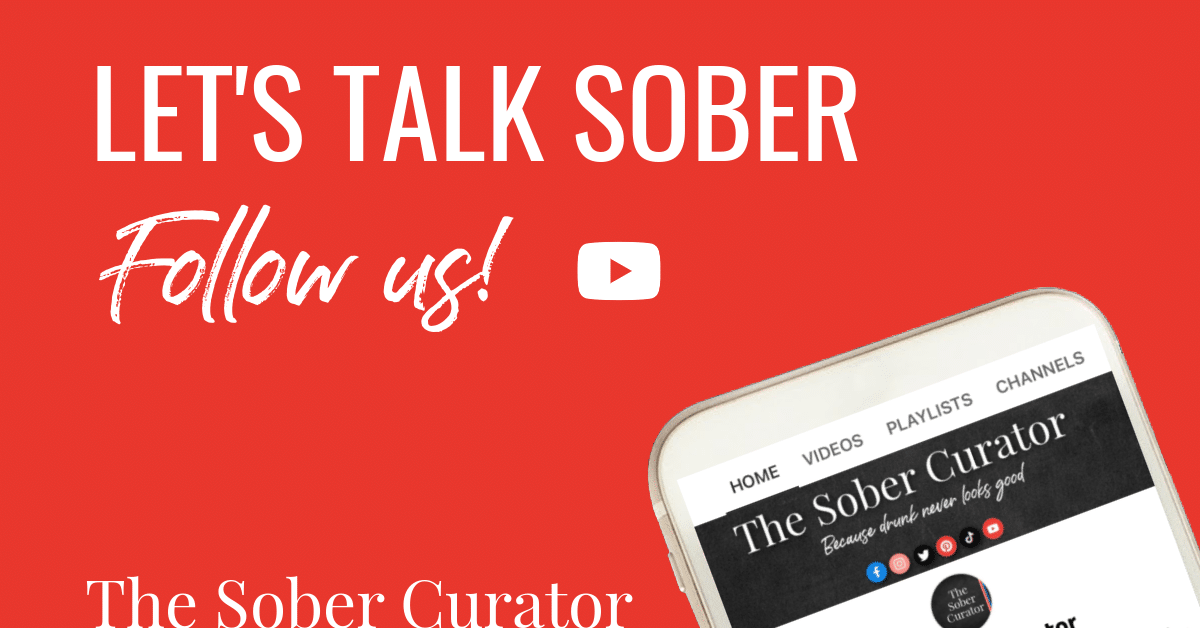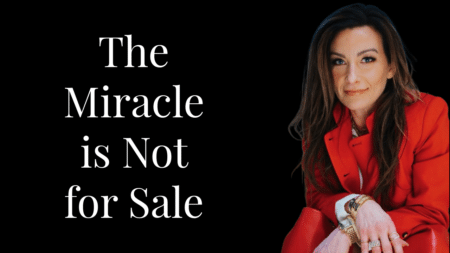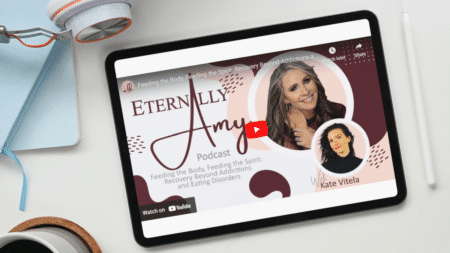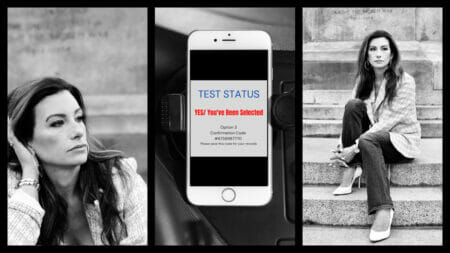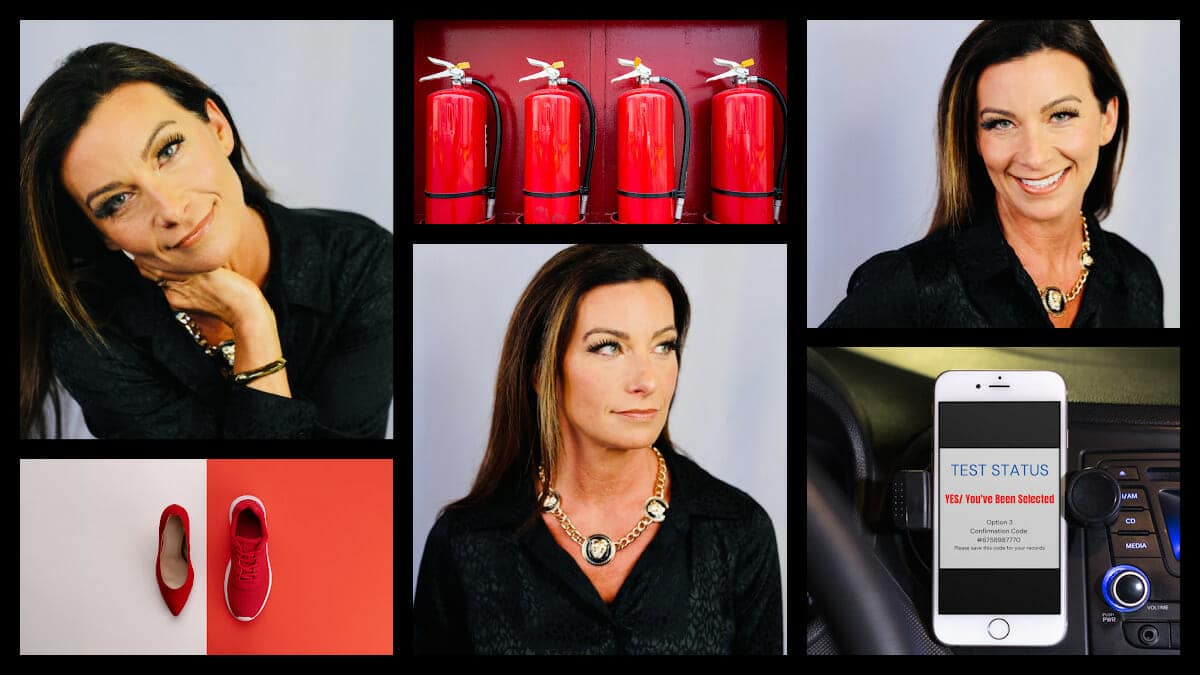
When I re-entered the workplace as a nurse after getting in trouble with the state board of nursing, I was doubtful anyone would ever trust me or look up to me as they once did. I wasn’t even sure I even believed in myself anymore. Who was I without drinking a gallon of wine after work? Would I still be cynical and funny and relevant? Would I still be cool and fit in with the other nurses? Most importantly, would they judge me? Luckily, I was 1% more determined than afraid.
More Determined Than Afraid
My first few months back, I endured what I feared to be true. My colleagues were curious when I was open about my struggle. They googled me; they even looked up my license on the state website. They wanted all the tea and gossip! They sat around on night shift, peering over the computer to comment on my past discretions: dropping a pill on the ground and giving it to a patient, trying to fake a drug screen to hide THC, and getting arrested for DUI. My rap sheet was there for everyone to see.
As it turns out, my company was hugely supportive in helping me navigate these challenges and clarified to others that this type of gossip and hostility wasn’t allowed. However, I was lucky that the company I chose to work for had strong recovery-centered values and policies to rectify this. It wasn’t tolerated.
I returned to nursing at a mental health facility where forgiveness and second chances were baked into their code of ethics. They wanted people to work there with lived experience. This probably would not be true at my local catholic hospital or large healthcare conglomerate. (More to come on this topic.)
Reclaiming My Power
Regardless, I want to tell other nurses that you must stay focused entirely on your recovery and not the outside noise. You are saving your own life and rebuilding your career. What you are doing is the bravest thing anyone (especially a nurse) can do. Another level of shame and insult is placed on nurses with substance use issues. This road isn’t for the faint of heart. But I guarantee it’s worth it.
For me, it looked like this: I was desperate to rebuild my crumbling house, and I was willing to take the spiteful comments and respond with, “Yes, I made a lot of past mistakes when I was in active addiction, but I don’t live there anymore. I am sober and in a recovery program.” It was a mindset that I chose to take. And a narrative I had to practice. At first, I wanted to quit, run away, and hide my face. But over time, I learned to reclaim my power.
Trust me when I say that taking responsibility and ownership for my actions and using statements like that tended to shut people up fast. They still do because I take full responsibility for my actions.
I chose to tell myself these stories: 1) that the nurses who judged me were looking out for the health and safety of the patients, 2) maybe they were struggling with substance use and felt threatened or triggered.
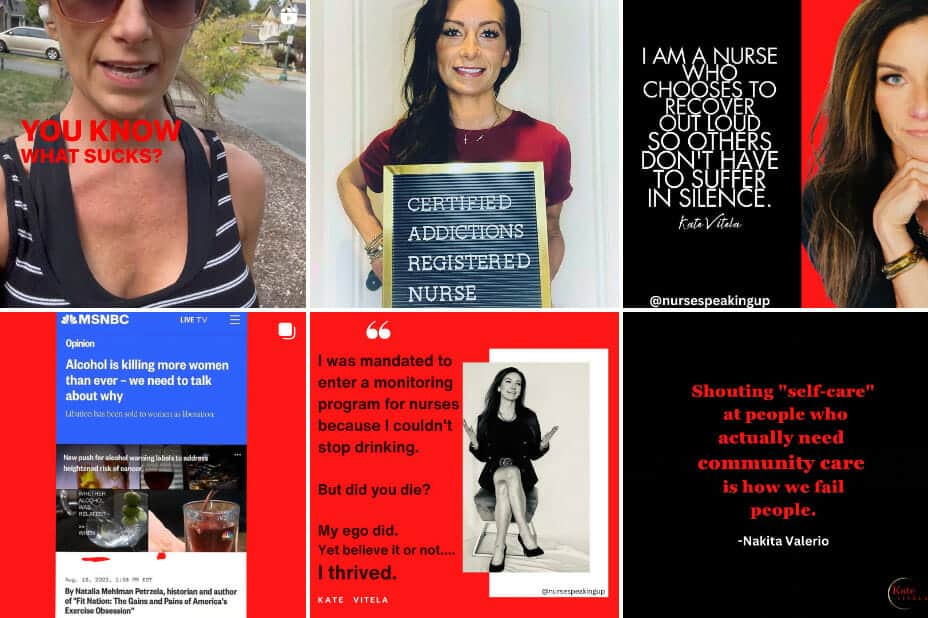
Mentorship & Coaching
Eventually, I saw the nurse monitoring program as an entity to protect the public from impaired nurses and integrate us back into work. Believe it or not, I found a way past the anger and resentment into gratitude. I chose to feel grateful I could salvage my reputation and my career.
It took me years of work to get to this place of peace. I have written in previous posts about the depression and suicidality I experienced in this process. It wasn’t like a miracle overtook my spirit one day and turned me into Gandhi. I had to wrestle with this for a long time. And some days, I still do. Haunting thoughts like “I should be farther along in my career by now if I didn’t waste all that time drinking.”
That’s why having a mentor and a community of people in recovery around me is crucial. Those thoughts are always going to come up. We are human. In essence, this is why I decided to get into coaching. The coaching I experienced saved my life and gave me insights into parts of myself I would not have otherwise been tapped into. Something magical happens when a coach is fearless enough to challenge your old ways of thinking when they aren’t serving you anymore.
As I said in the past, I feel strongly that I have been selected to do this work. Hence the name of this blog. #youvebeenselected I have walked through burning hell. And yet, I will gladly return to the flaming fire to help you get out.
Peace within,
Kate
Sober Curator Pro Tip: Book time with Kate HERE
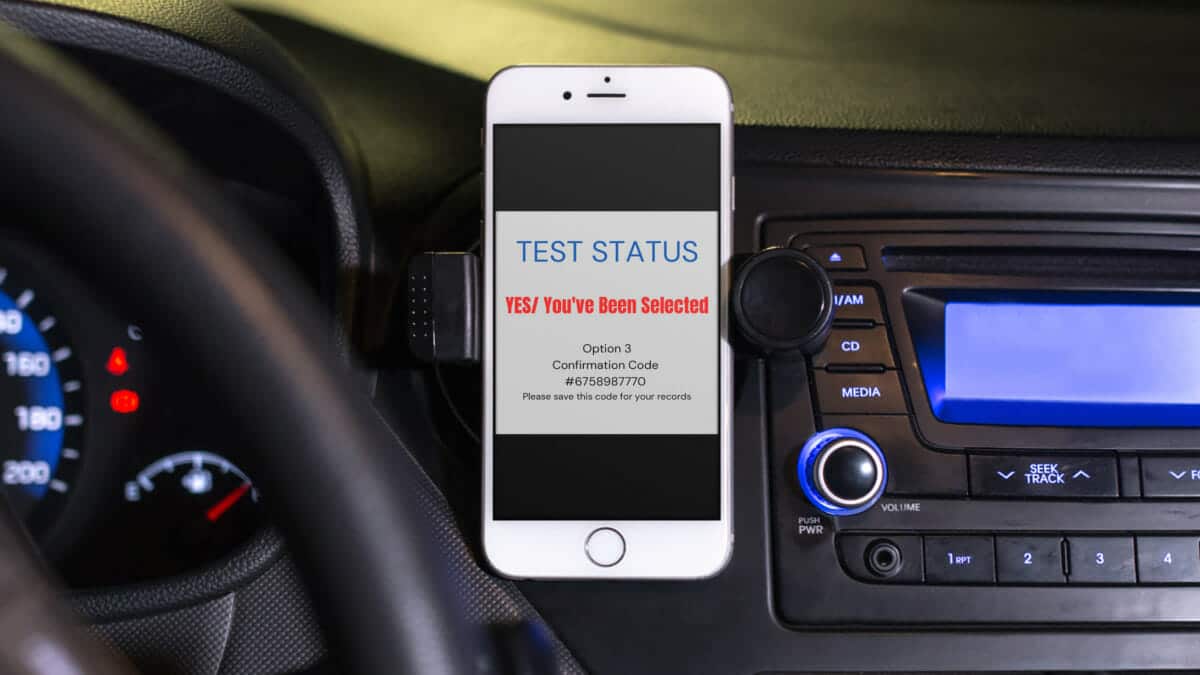
YOU’VE BEEN SELECTED with Kate Vitela:
Kate Vitela has been an RN in Pacific Northwest for over two decades. She has been sober since 2018. You’ve Been Selected is a column that describes her journey through addiction, eating disorders, and what is now known as Drunkorexia. The title comes from years of mandatory drug testing Kate endured after nearly ruining her nursing career due to alcohol. Kate recalls seeing these words appear on her phone each day she was chosen to randomly drug test to prove her sobriety to the nursing board.
Kate chronicles her struggle with body image, perfectionism, stigma, shame, and burnout throughout her career. She also turns this twisted narrative into triumph as she internalizes it as a sign from the universe to speak up and tell her story. Kate continues to work as a leader in the mental health nursing field and is studying to become a board-certified nurse coach.
In her free time, Kate is actively involved in the fashion industry in the PNW. She also serves on the board of the Break Free Foundation, which produces twice-annual shows for NYFW. She has been modeling for two years since starting the blog Walk Your Talk.
Follow along with Kate on IG @nursespeakingup or @katevitela or email her directly at vitela.kate@gmail.com
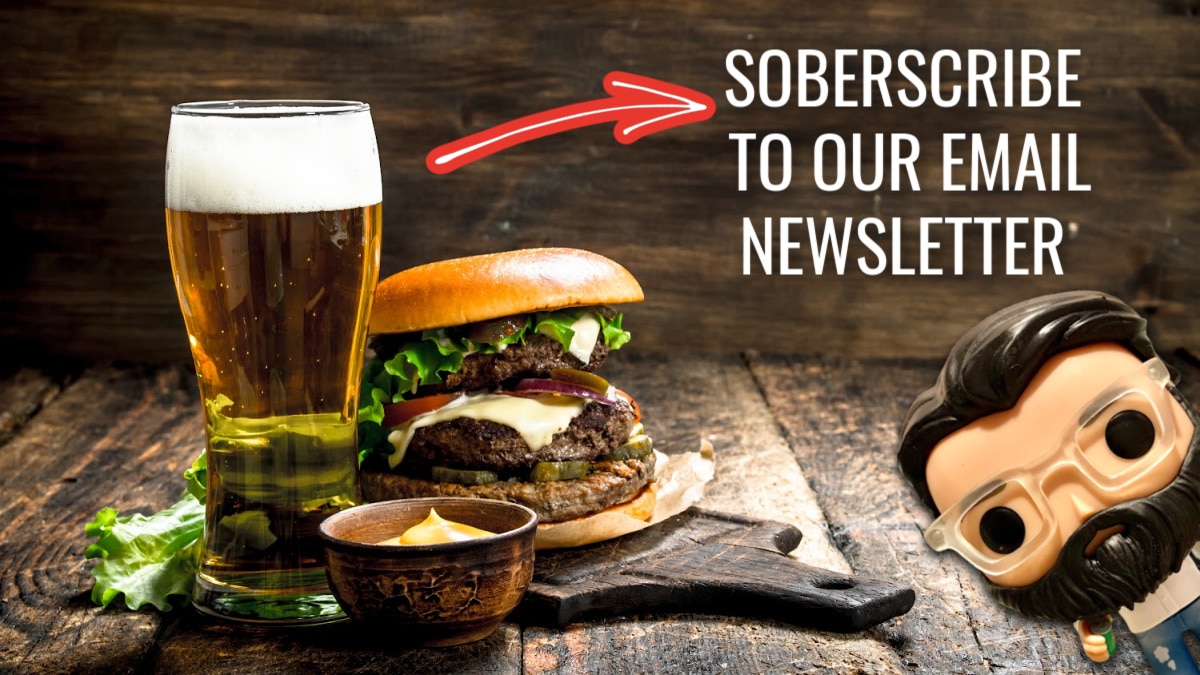
Resources Are Available
If you or someone you know is experiencing difficulties surrounding alcoholism, addiction, or mental illness, please reach out and ask for help. People everywhere can and want to help; you just have to know where to look. And continue to look until you find what works for you. Click here for a list of regional and national resources.
Resources Are Available
If you or someone you know is experiencing difficulties surrounding alcoholism, addiction, or mental illness, please reach out and ask for help. People everywhere can and want to help; you just have to know where to look. And continue to look until you find what works for you. Click here for a list of regional and national resources.
